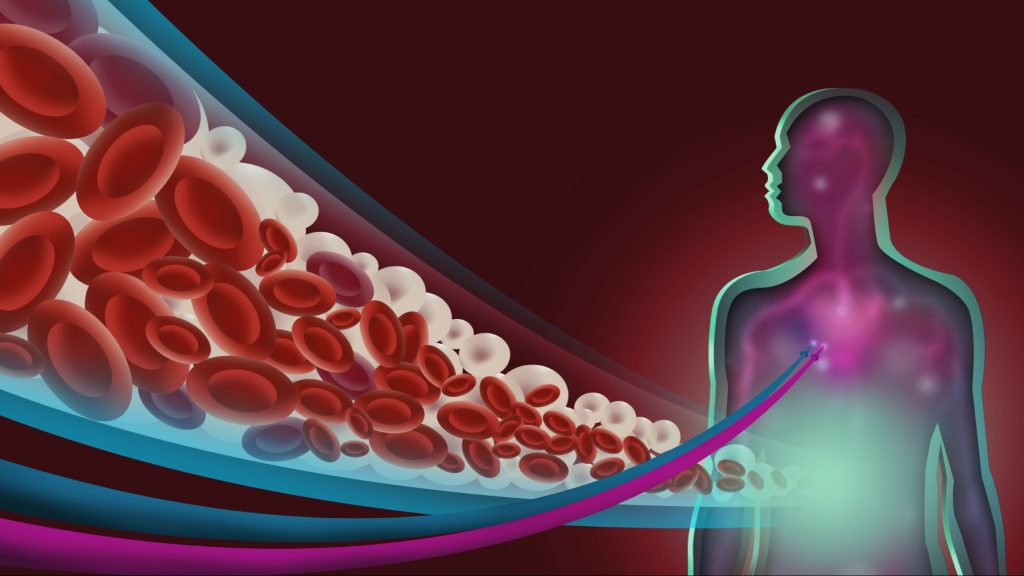
Thousands of individuals in England with type 1 diabetes are set to receive access to a groundbreaking technology known as artificial pancreas, aimed at assisting in managing the patient’s condition more effectively.
Scheduled to commence later this month, the NHS plans to reach out to both adults and children who could benefit from this cutting-edge system. However, NHS officials caution that it may take up to five years before all eligible individuals have access to this technology due to challenges in procuring an adequate supply of devices and the necessity of training additional personnel in its operation.
The new system utilizes a glucose sensor implanted under the skin to automatically calculate the required insulin dosage delivered through a pump. In clinical trials, this hybrid closed-loop system, as it’s known, demonstrated significant enhancements in the quality of life and a reduction in the risk of long-term health complications among users.
The advancement in technology aims to address the challenges faced by individuals with type 1 diabetes, whose pancreas fails to produce insulin, an essential hormone for converting food into energy. Traditionally, patients must monitor their blood glucose levels vigilantly and administer insulin manually, a process that can be burdensome and prone to errors.
The artificial pancreas operates by mimicking the functions of a natural pancreas, automatically adjusting insulin delivery based on real-time glucose levels. While the system still requires users to input information about their food intake during mealtimes, it effectively prevents life-threatening fluctuations in blood glucose levels and improves overall blood sugar control, reducing the risk of complications such as heart disease and kidney problems.
Scotland has already initiated the offering of this technology, with Wales and Northern Ireland expected to follow suit in the near future. Individuals like Gemma Lavery from Plymouth, who participated in an NHS pilot program, have reported transformative experiences with the device, citing improved stability in their diabetes management and enhanced quality of life.
Experts in the field, including Prof. Partha Kar and Dr. Clare Hambling, view the adoption of this technology as a significant milestone in diabetes care, anticipating a positive impact on both medical outcomes and patient well-being. Diabetes UK chief executive Colette Marshall expresses enthusiasm for the roll-out, describing it as a “landmark moment” in the management of type 1 diabetes.
While the NHS has outlined a comprehensive plan for the systematic provision of this technology to eligible individuals over the next five years, they encourage anyone experiencing symptoms of type 1 diabetes to seek medical attention promptly for appropriate support and diagnosis.
Inside Telecom provides you with an extensive list of content covering all aspects of the Tech industry. Keep an eye on our Medtech section to stay informed and updated with our daily articles.